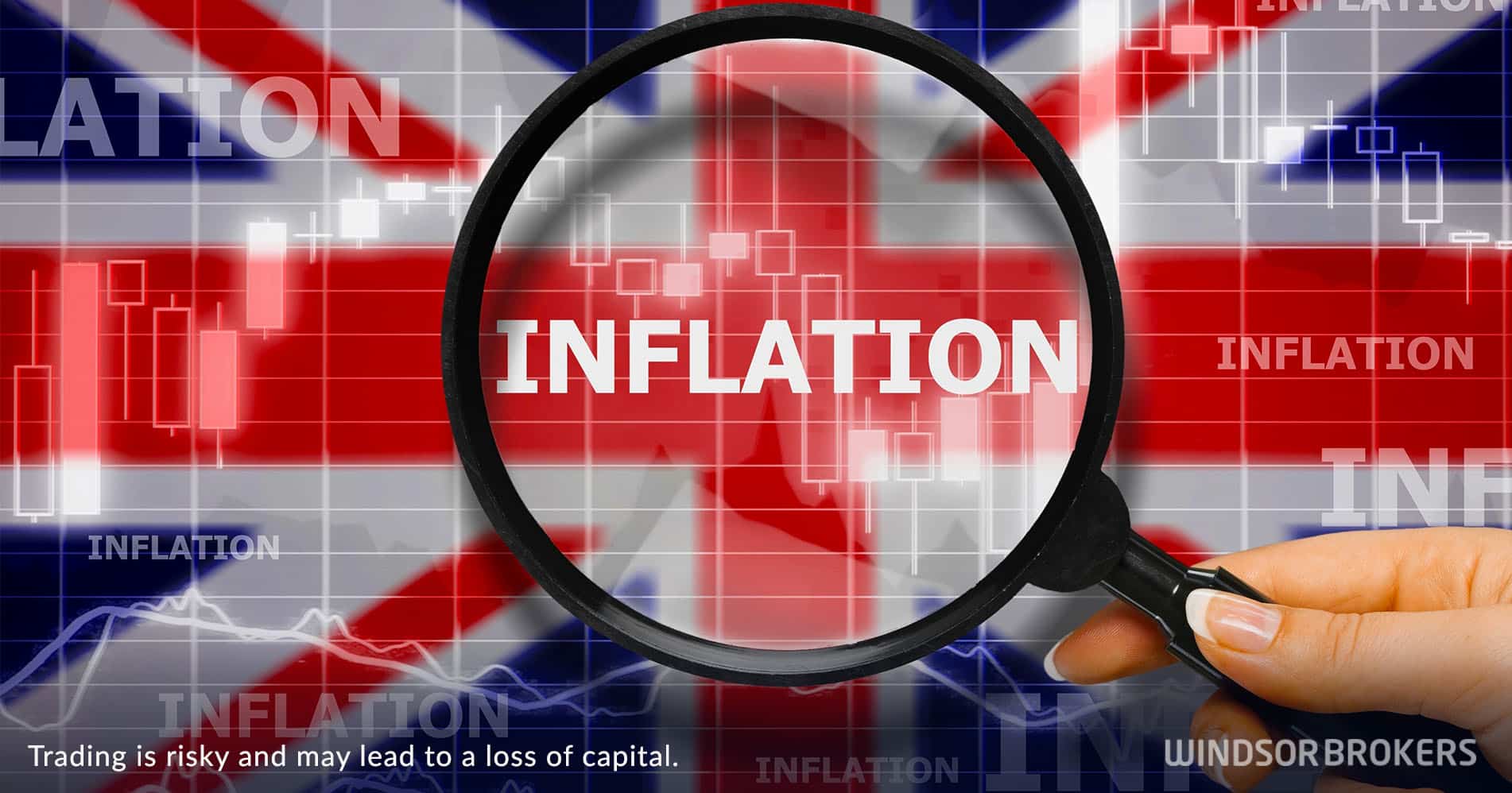UK inflation rises to multi-month high in July
Inflation in Britain rose to 3.8% in July from 3.6% in June and above 3.7% forecast, hitting the highest since early 2024.
July data also showed British inflation is the highest and fastest growing among world’s largest economies.
The key contributor to elevated July’s numbers was services sector inflation, BoE’s key gauge of inflation, which jumped to 5.0% in July from 4.7% previous month and beat consensus at 4.9%.
Britain’s labor market remains relatively tight and is also contributing to upward price pressure, despite the slowdown in wage growth, which is still seen insufficient to significantly hurt price growth.
Forecasts from the Britain’s central bank (CPI 3.8%, services inflation 4.9%) were more pessimistic but close to July’s figures from expectations by economists (CPI 3.7%, services inflation 4.8%).
Higher than expected CPI data in July raise pressure ton BoE to likely stay on hold with rate cuts, after delivering a 0.25% cut earlier this month, as strong market bets for the rate cut before the end of the year, would fade and reschedule rate cut to the first quarter of 2026.
Apart from elevated inflation (almost double of central bank’s target), the UK economy also faces weak growth, which is likely to extend into 2026.
The outlook is also darkened by these factors, with BoE’s projections that inflation will stay above 2% target until mid-2027 and will likely peak at 4% next September.


